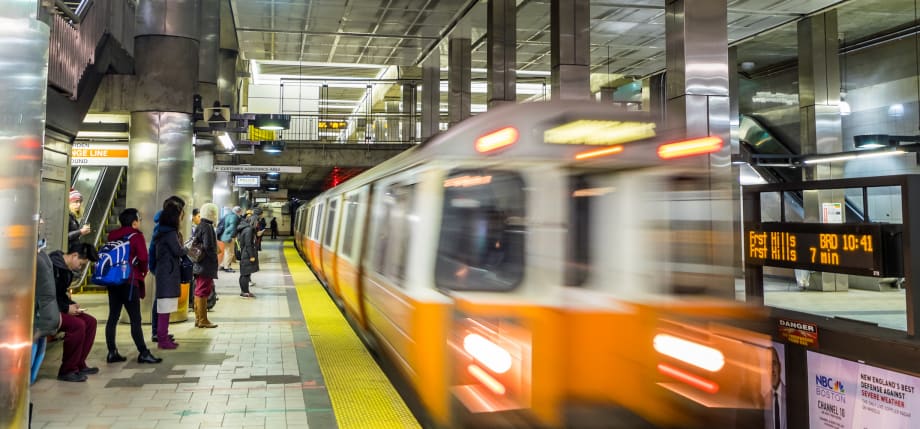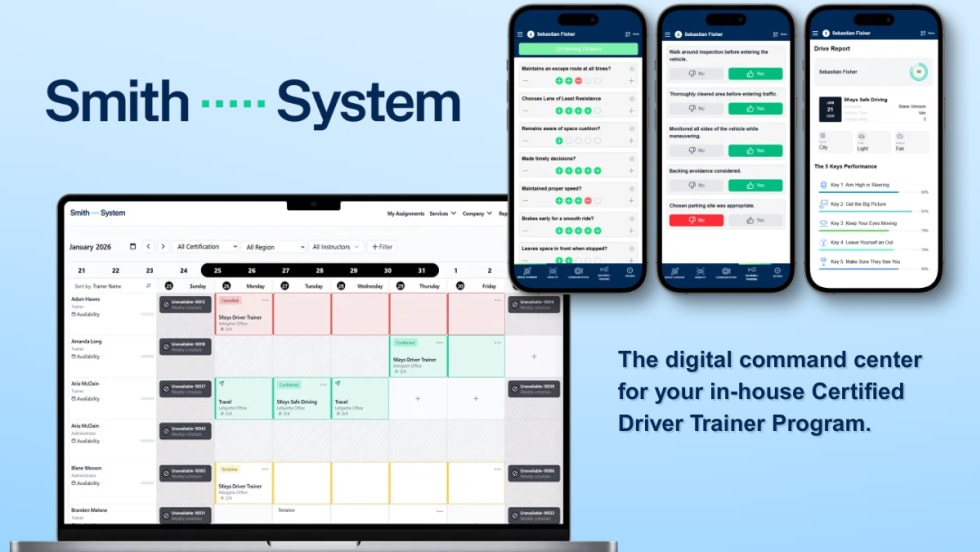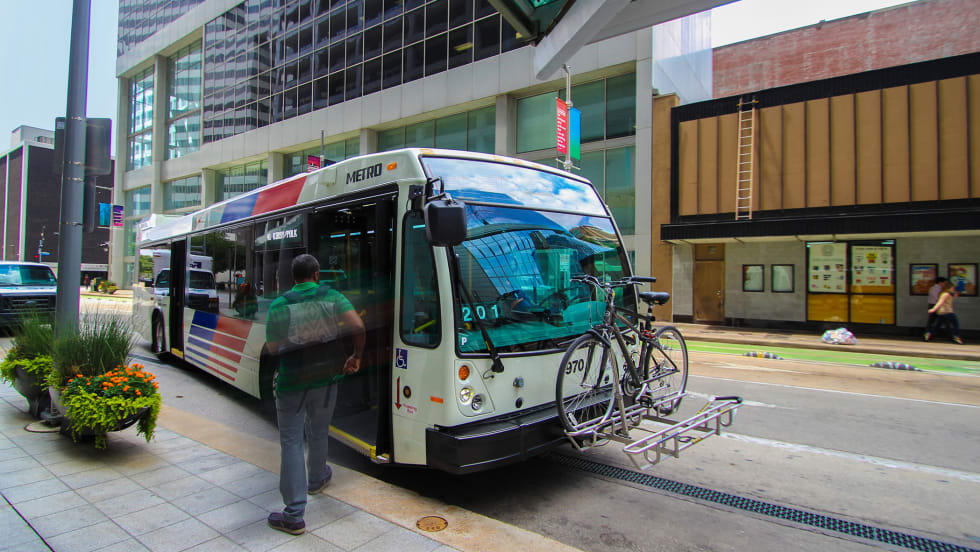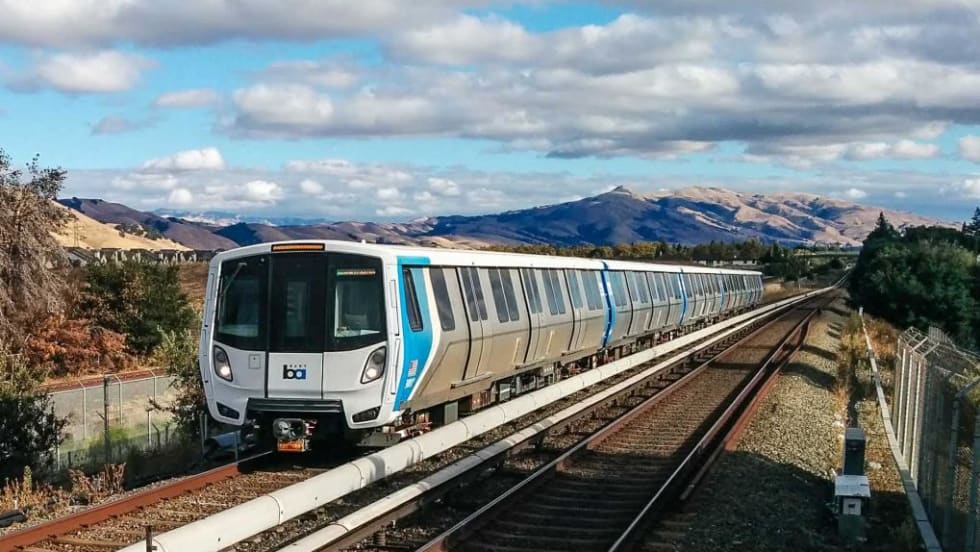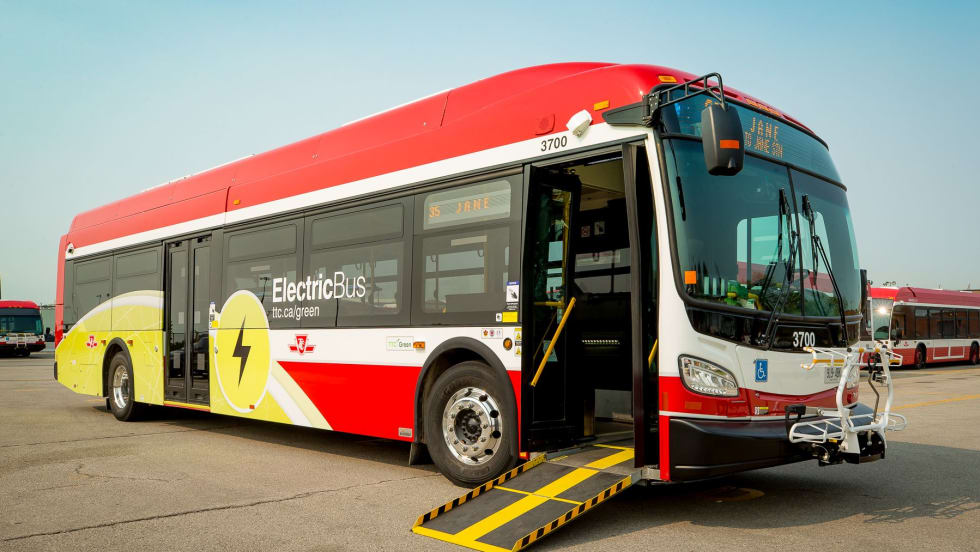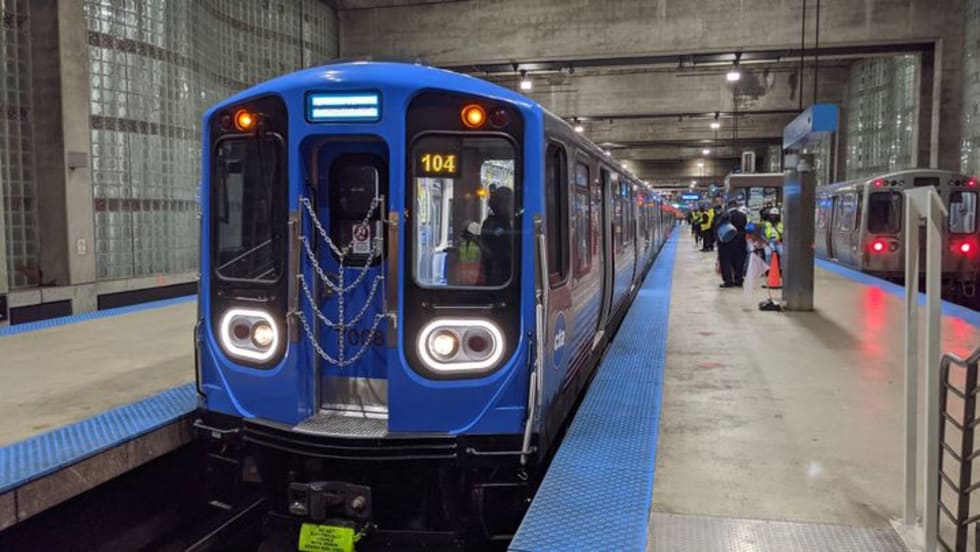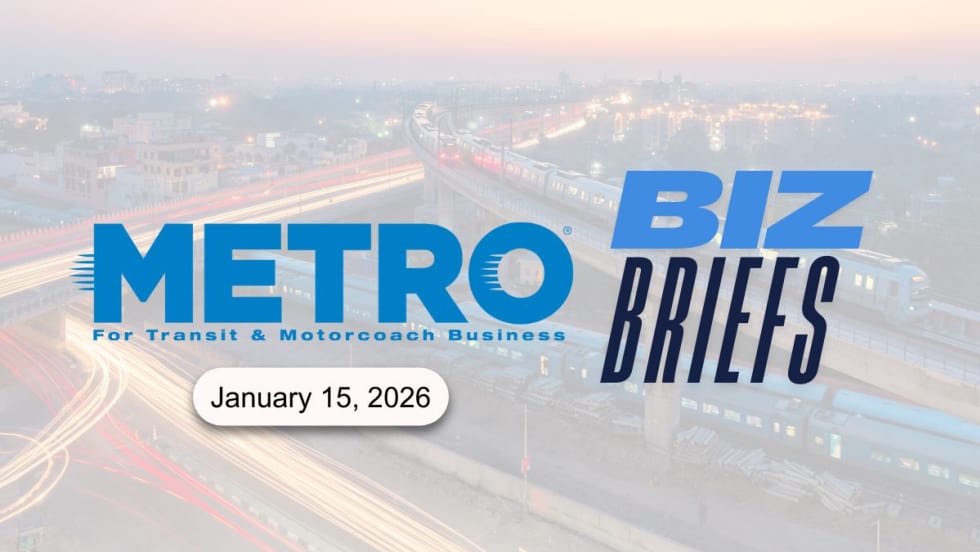The board at Boston MBTA approved the release of a Request for Qualifications (RFQ) for an up-to-$120 million wholesale renewable electricity supply contract, upgrading the T’s commitment to renewable energy and continuing its leadership in clean transportation.
The MBTA is also further supporting the Commonwealth’s climate change goals and meeting Clean Energy Standard requirements by recommending that 30% of its power be supplied by Massachusetts solar and wind Renewable Energy Certificates (RECs).
“This critical procurement in fully renewable energy, further highlighted by our recommendation to purchase 30% Massachusetts Renewable Energy Credits, underscores the T’s commitment to electricity produced from renewable energy sources while being fiscally responsible, understanding our energy needs will continue to grow in the future,” said MBTA GM/CEO Phillip Eng. “We’re looking forward to receiving responses to this RFQ, and I thank the dedicated members of our Sustainability and Finance teams for working so diligently to build out this procurement.”
The Power of Renewable Energy
Currently, the MBTA is the second largest transportation entity and the fourth largest U.S. government entity powered by renewable energy as well as the 54th largest purchaser of renewable energy overall in the country. As a leader in clean transportation initiatives, this energy procurement upgrades the T’s commitment to renewables since its last energy contract in 2021.
The MBTA currently uses approximately 360,000 megawatt hours (MWh) of electricity annually, making the T the largest electricity consumer in the Commonwealth. The MBTA procures its electricity supply in advance at a fixed price because it makes fiscal sense, providing the T with budget stability and predictability in an energy market that can frequently fluctuate. Alongside much of the Commonwealth and the country as more services convert away from carbon-emitting avenues, the T’s electricity usage is also projected to increase as the MBTA transitions to battery-electric buses, electrified commuter rail vehicles, and more.
MBTA’s RFQ
As the Commonwealth’s largest electricity consumer, the MBTA is committed to utilizing 100% renewable energy sources. The MBTA’s proposed electricity procurement includes both the purchase of fixed-price electricity and provisions for the purchase of RECs. RECs certify that electricity has been purchased from a renewable power source, such as wind or solar, with each certificate equivalent to the generation of one MWh of electricity.
The winning bid in response to the upcoming RFQ will be in place beginning Jan. 1, 2024, for a three-to-five-year period. Responses to the RFQ may include fixed-price electricity blocks, RECs only, or a combination of the two.
The MBTA’s recommendations for the upcoming 2023 procurement include a mix of renewable energy sources — 70% hydropower from Maine Class II RECs and 30% solar and wind from Massachusetts Class I RECs. The purchase of these Massachusetts Class I RECs would help the T support the Commonwealth’s climate change goals and meet Clean Energy Standard requirements. The T’s previous 2021 energy contracts were a major achievement in offsetting its carbon footprint, though these contracts provided 100% renewable energy sources through hydropower from Maine Class II RECs only.
For the purchase of power contract to be in place by Dec. 31, the MBTA will issue an RFQ on August 4 with responses due August 21. The official purchase will take place on September 13 with a transaction agreement finalized and signed with the winning bidder on September 13.




